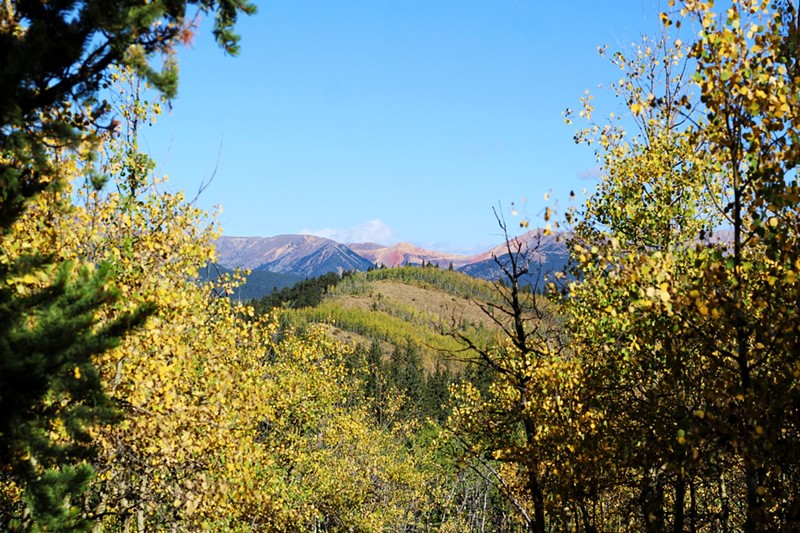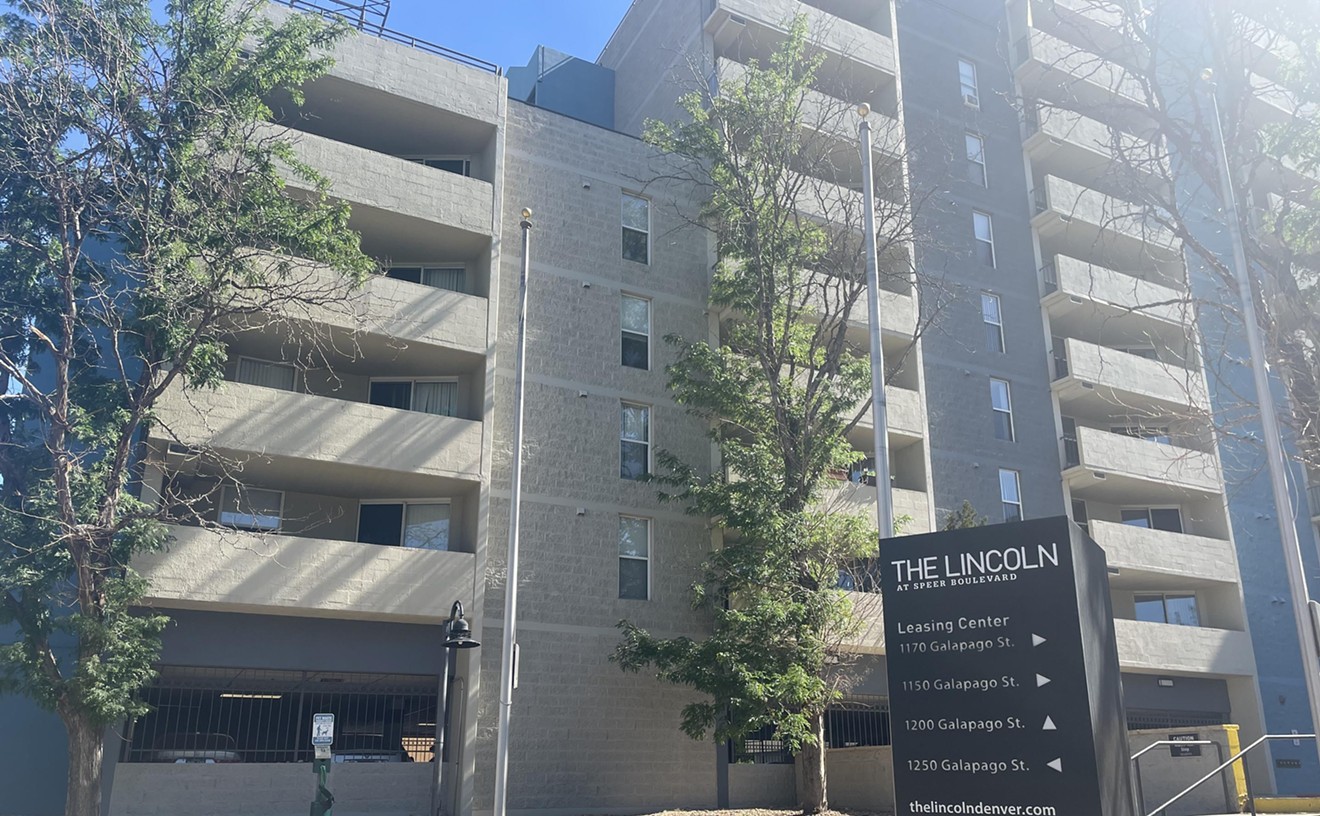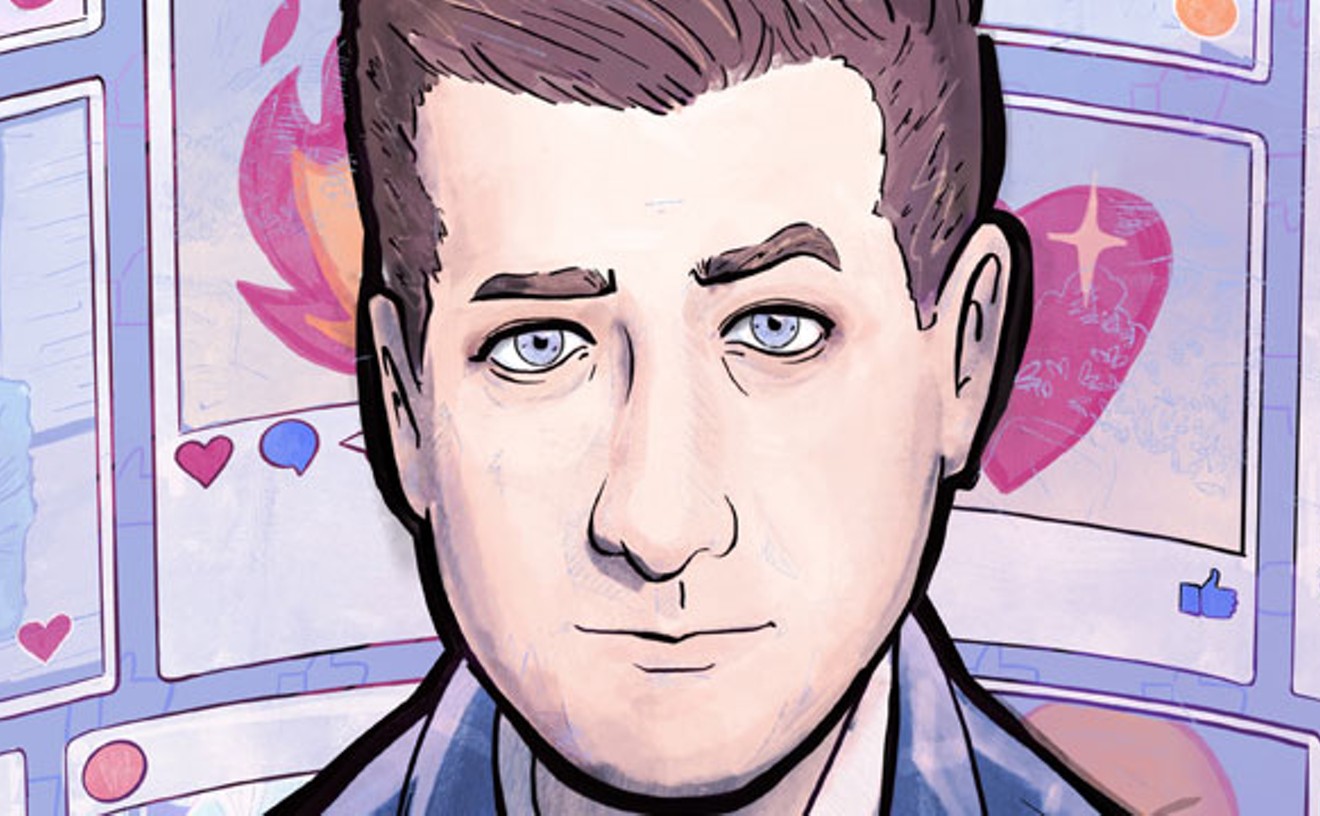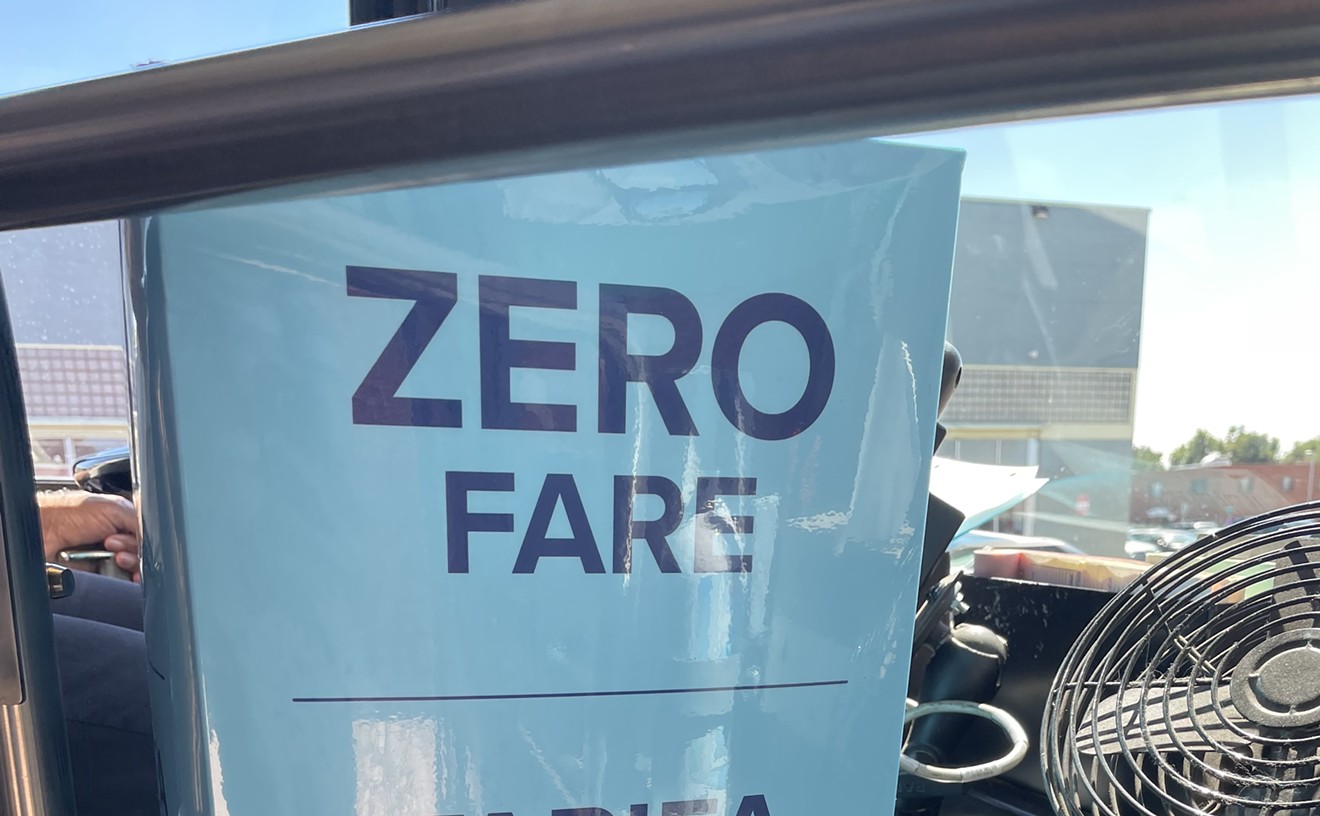Tree pollen is very high right now, contributing to an overall high pollen count, according to the Weather Channel, and people are right to worry about symptoms hitting harder this year.
“I'm sure you've heard everyone say ‘This is the worst allergy season ever.’ They say that every year — and they're correct every year,” says Bill Anderson, medical director of the allergy immunology section at Children’s Hospital Colorado. “Every year is the worst allergy season.”
In Colorado, allergy season starts as early as late February, according to Anderson. Spring is tree pollen season, then grass season hits in May, and in mid-August, weed season kicks off and lasts until a hard frost.
According to Anderson, who's also a professor of pediatric allergy and immunology at the CU Anschutz Medical Campus, climate change has slowly extended allergy season over time.
“What we're seeing is that because of these warmer temperatures, the allergy season is starting earlier each year and lasting a little bit longer,” he says. “Also during that time period, we're having more pollen produced because of increased carbon dioxide in the atmosphere, which leads to increased growth of plants so they produce more pollen.”
Plants not only grow more when exposed to increased carbon dioxide, but less energy is required for photosynthesis as a result of the increase, allowing the plants to expend more resources on pollen production.
According to a Scientific American article published this month, pollen concentrations increased by an average of 21 percent across the United States and Canada from 1990 to 2018. The same article says 26 percent of adults and 19 percent of children in the United States have exacerbated seasonal allergy symptoms. Additional research has found that warmer climates and longer allergy seasons will make more people develop allergen sensitivities.
Plus, frost-free days benefit allergen-producing weeds, and there are more of those in Colorado now than in past years. According to the National Oceanic and Atmospheric Administration, Colorado now averages fifteen fewer days of below-freezing temperature per year than it did before 1960. Denver still sees more frosty days than the national average, so it could be worse — but the suffering is real for those who regularly experience hay fever and people who haven’t before.
“People that are already allergic will likely have worsening symptoms, because a large factor with allergies is just how much you're exposed to the thing that you're allergic to,” Anderson says. “Then, with increased exposures, our bodies can become sensitized and develop allergies. I've heard from patients, and even patients’ parents, that they personally have not experienced allergies for forever or for many years, and now they're having a season where all of a sudden they're experiencing allergies and symptoms for the very first time.”
Anderson says that seasonal allergy spikes affect people of all ages, with the exception of young toddlers. If children under two or three years old have nasal symptoms, the symptoms are unlikely to be environmental allergies, as they haven’t had the time to develop a response to allergens yet, he says.
Preventing Allergies in Colorado
There are two main ways to fight allergies: avoidance and medication. For avoidance, the goal is to keep allergens outside. “When you come in from being outside, whether it's doing chores or participating in sports, whatever it might be, you want to make sure that you are changing your clothes, taking a shower so you don't have all that pollen lingering on you,” Anderson advises.
Even washing your hands when you get home can help, and so can taking shoes off at the door so you don’t track pollen through the house. If the temperature allows, allergy sufferers should keep their windows closed, too, and avoid line-drying clothes outside.
There are many over-the-counter antihistamines available to treat seasonal allergies. Anderson says that people should look for long-acting, non-sedating versions like Allegra, Claritin or Zyrtec. People can also purchase nasal sprays like Flonase or Nasacort if they’re experiencing swelling or nasal drip.
“If they are having allergy symptoms and they're not getting relief from just these medicines or these avoidance strategies, it would be helpful for them to see an allergy specialist, or allergist,” he says. Finding out what you are specifically allergic to helps tailor avoidance and medication strategies, as well.
Moving out of state won't be a lasting solution, though.
“You might have a brief period where you're feeling better because the plants that you're allergic to in Colorado might not be present in another part of the country, but then, after a couple of years, you might start developing allergies to those plants,” Anderson says.
Still, Anderson encourages people not to give up hope, especially in Colorado, where there are many outdoor adventures to be had.
“We are a very outside culture,” he points out. “I don't want people to feel that their allergies should stand in the way of getting to do those things, so if you are feeling like it is impacting your quality of life, talking to your doctor or talking to an allergist can help find ways to get relief from the symptoms.”











